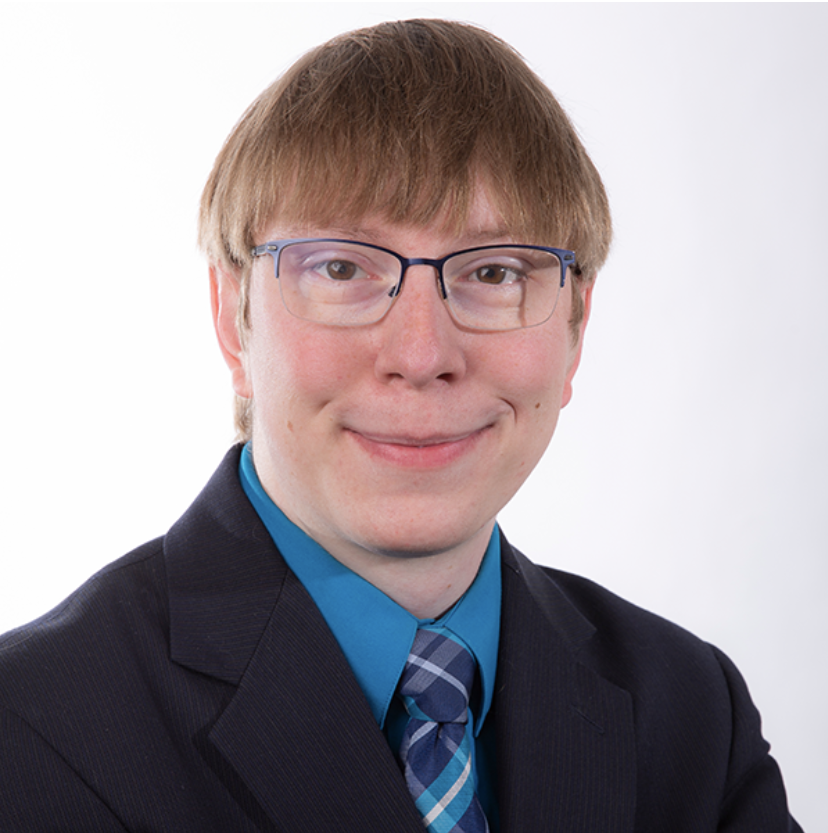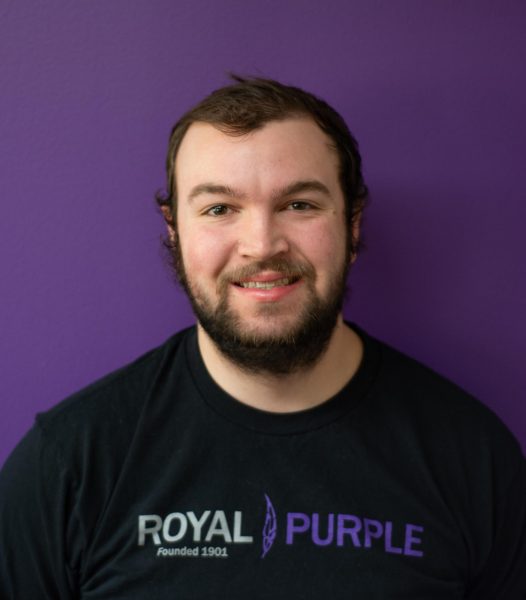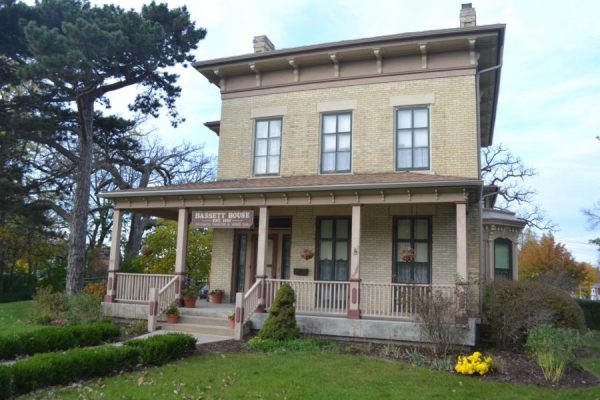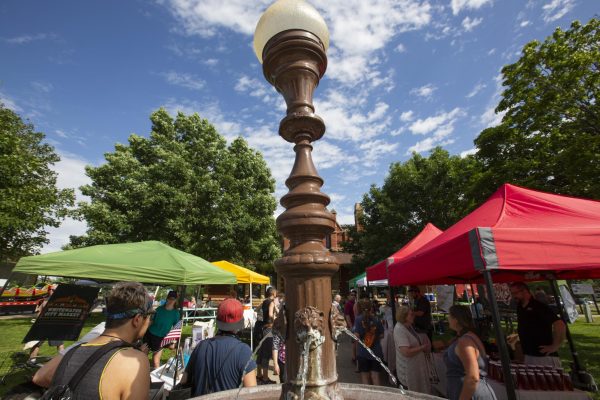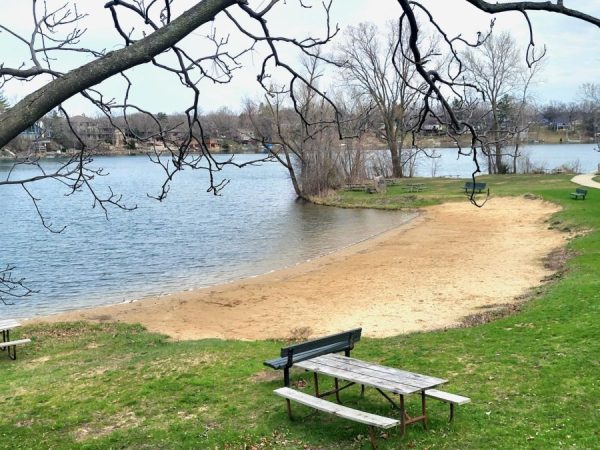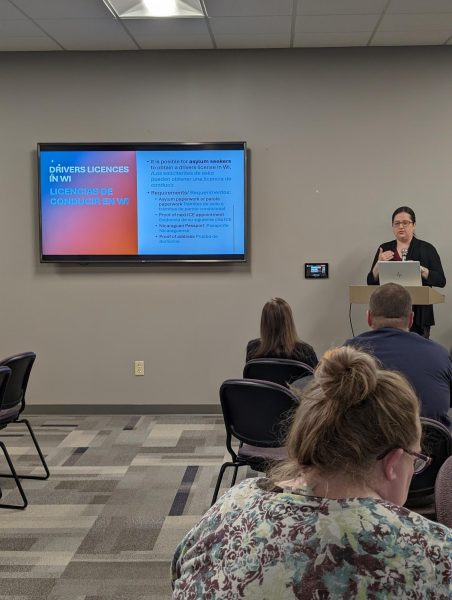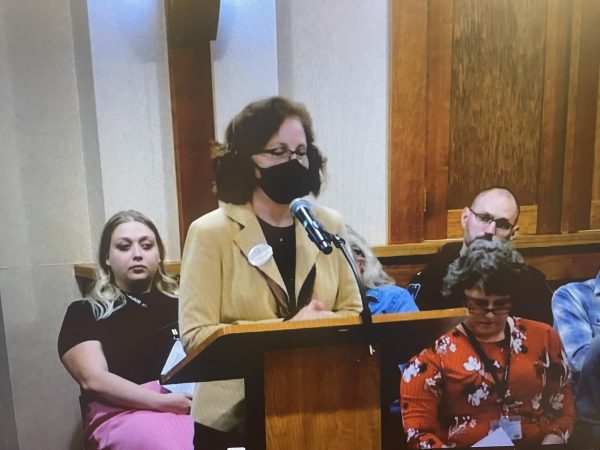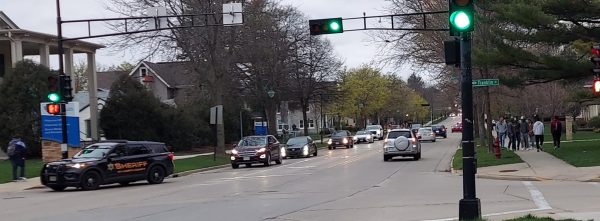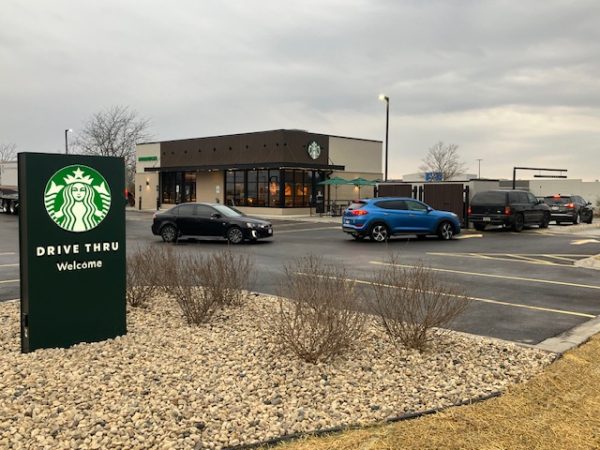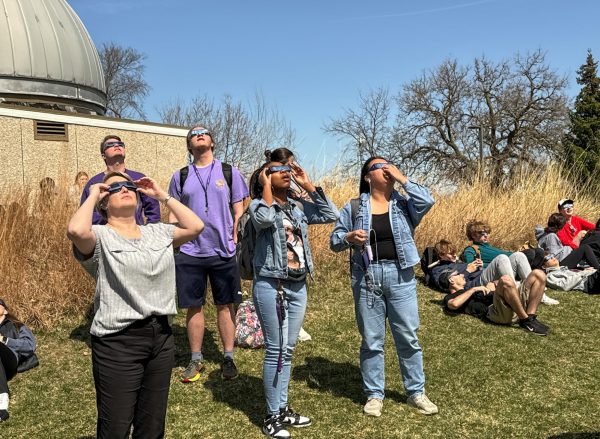UW-W lecturer runs for school board seat
Photo via UW – Whitewater website Brian Schanen, professor of communications at the University of Wisconsin Whitewater, runs for Whitewater School District school board seat.
February 20, 2023
Brian Schanen, a lecturer in the Department of Communication and co-director of the UW-W Forensics Team, is running for a spot on the Whitewater School District School Board. The Royal Purple sat down with Schanen to learn a bit more about him and why he’s running.
Why are you running for the school board position?
My love of education and my interests in being civically engaged. I always grew up in a family that had a high value on education, so when the opportunity came along, it definitely drew my interest. I wanted to make sure that schools in Whitewater are the best they can be.
What are your main priorities if you get elected to the school board position?
My main priority is twofold: the first one is increasing communication with the district and community internally. In the candidate forum back in late January, it was very apparent that was the direction the school board needed to look at. Additionally, I want to make sure that the policies are keeping three main things in focus: financial responsibility, meeting students where they are at since everyone has different backgrounds and different goals, and then making sure that the decisions that are made at helping students be ready for what comes next, whether that be going straight to the workforce, tech school, or college.
What previous experiences do you have that will transfer into this position?
I feel like I have quite a few. One is the focus on communication. I teach in the communication department, so it is something I am around every single day. Additionally, I have experience working with budgets, overseeing the university’s forensics team, as well as being a member of the academic staff assembly on campus. I have to work across constituency groups to come to resolutions that are beneficial for not only my constituency but university wide.
Why do you think you should be elected to this position?
I think I should be elected to this position because of my passion for education and putting students first. Being an educator myself, my sister, my brother-in-law, and my fiancée are also involved in education, so education isn’t just something that is my job. It is a part of my DNA, and it is something that surrounds me regardless of where I am, and so having that so central in my life and constantly thinking about how you can put students first and making sure that they are adapting to whatever this world is right now.
How are you different from other candidates that are running?
I’m different because I feel that I bring a fresh perspective. I’m pretty sure I am the youngest candidate in the field, but that shouldn’t be a reason for people to look past me. I view that as something that is invented, even when I teach, that I can live in that world between both understanding students, but also understanding the taxpayer’s side of it. My fiancée and I recently bought a house in Whitewater, so we are setting down our roots in Whitewater. We want to see the community be at it’s very best, and so I bring kind of that mixture both where students sit today as well as what the priorities are for the community for people that may not currently have students in the district or haven’t had students in the district, so I am kind of able to live in both those areas.
What is the responsibility of a member of the school board?
The responsibility of the school board is multifaceted. It is all the things like budgets and stuff like that. It’s also reviewing policies, and I think especially in the situation that the Whitewater school district finds itself in right now is building relationships with the community and for those that feel that there are breaks in trust, rebuilding that trust, and that takes a lot of time. I think communication also plays a large role in that as well.
What do you think is the primary responsibility of the school board as a whole?
I think those roles are very true of the individual members, but I think it’s also the role of the collective to work together. The school board is very diverse, both diverse in makeup, ideology and perspectives, which is great. It then boils down to working across those perspectives to find what is the best route for them. It means communicating together, working together professionally and, frankly, not holding grudges, things like that.
You talked about how everyone has different ideologies, different beliefs. If something was voted on that you did not have a belief in, do you think that is something you can still stand by and support your other school board members?
Yes, it is absolutely necessary to stand by the decision of the whole school board. I think most importantly, it’s also important to understand the why behind those decisions, both of what perspectives I brought that lead me to have the position that I have, but also the perspective of what the other side had, and being able to explain that in a distinct way, because so often I feel like in today’s headlines it’s so easy to gloss over the finer point of it, so being able to have those explanations, and it’s very important that the school board, on whatever decision is made, supports it after the final say in a unified way, otherwise it will become detrimental to moving the school district forward in the long run. You don’t want to get caught up in personal battles.
How can the board be accessible to the Whitewater District’s community?
A lot of ways. I think one is being active in the community, being out in the community, being accessible and approachable. The other thing is having open lines of communication: email, phone, those types of elements because we are their representatives, and being willing to have an open and honest discussion. That can take so many ways in today’s society. Most importantly, that it’s civil. I think that is the most important thing.
As an educator yourself, what do you think the board needs to do in terms of academics?
That one size fits all is not the solution. Whitewater and the surrounding area find themselves in very unique situations. I grew up just north of Port Washington, and the needs and realities of that district are different than down here. Nothing is wrong with that, it’s just what it is. It’s making sure that what our students enter the school with and what they bring to the table is fostered, supported and that how their taught aligns to make them better. There are plenty of solutions out there that, frankly, talk over the students and don’t meet them with where they are at. That is always going to make them give up because “this is too hard” or “I don’t understand this.” Making sure that the curriculum aligns with both the state’s standards, you can’t throw those out, but also understanding this is where our students are, and this is how we can best nurture their love for education in life-long learning. That learning doesn’t have to be through college. It can be out in the work force and stuff like that, but that willingness to learn. That’s also why I love being an educator, because I’m always learning too.
Whitewater has a big diversity with people coming from Mexico or just Spanish speaking people. How can the school board help them further their education when they have trouble speaking and understanding English?
The district needs to make sure that it is maintaining strong ESL, English as a second language, programs. There is a better acronym for it that I’m forgetting right now. These students are here, and we need to make sure, first and foremost, that they have a sense of belonging. One of the things is helping to remove those language barriers and having student activities that meet them where they are at. If they feel like they belong, they will be active positive participants, not only in the school district, but the community as a whole. If the students have those positive experiences in the classroom, they bring that home to their families. That helps make all of them stronger, positive engaged members of Whitewater, and hopefully the broader community.
Is there anything you would like to add or is there anything that I missed?
Get out and vote. Knowing this is for the Royal Purple, I know for me personally when I was a student, elections especially this time of year were things that got lost in midterms and everything like that. My voting record wasn’t the greatest in spring primaries, but get out and vote. This stuff matters to the community. Students are members of the Whitewater community. Not only are school elections coming up, but there are also city council elections coming, and so having those voices are extremely important. I think that it’s important for students to get out and vote. I know it can be a little bit more of a challenge during these elections because they don’t do the polling out in the Hamilton Room, but meet up with your friend, go vote down at the armory, and go get Culver’s afterwards, because it is important that the young people have their voices heard.

